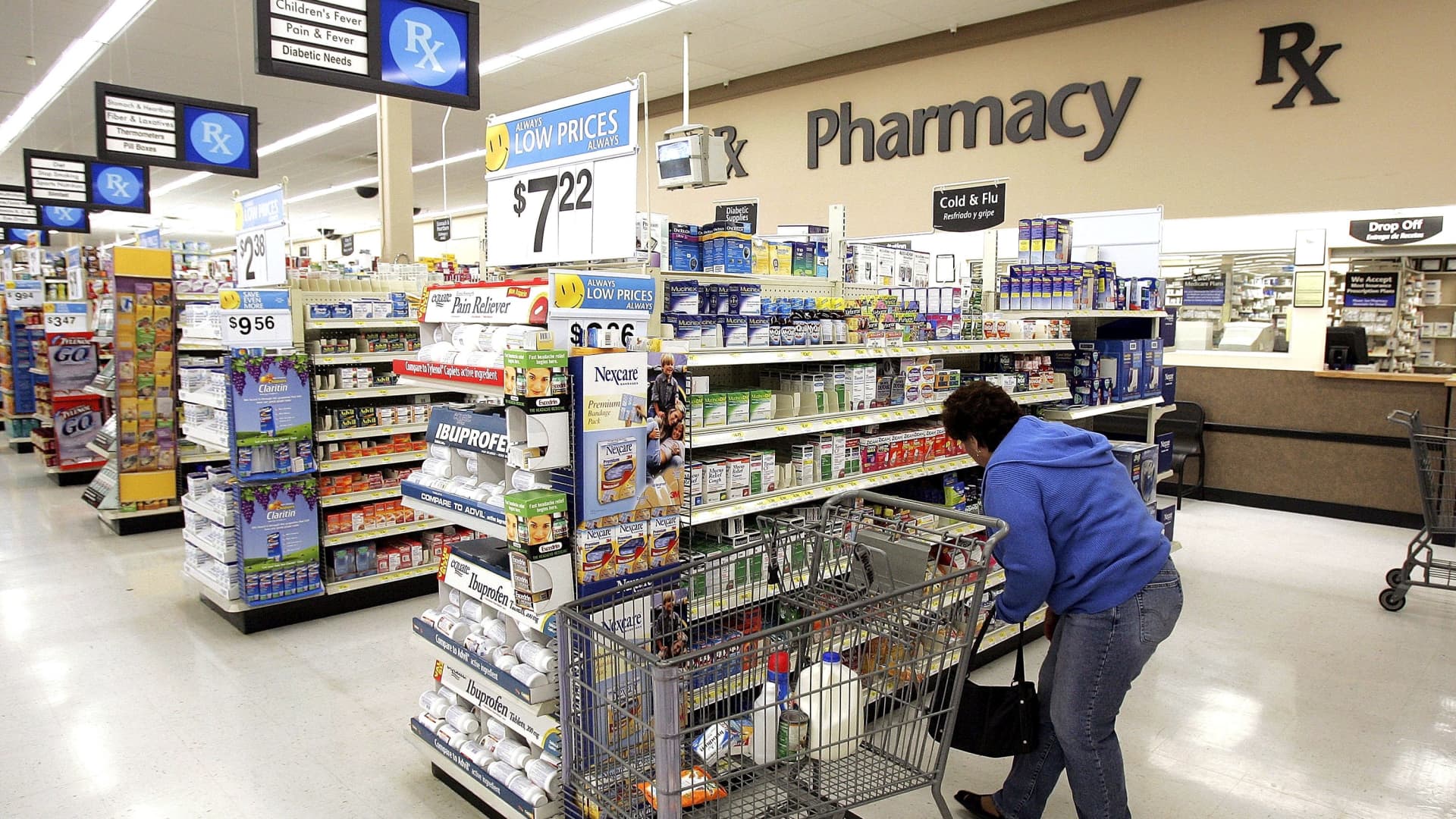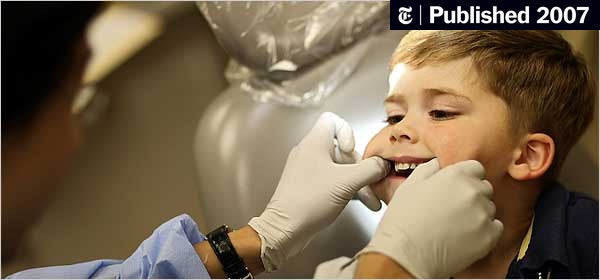Nothing. You just have go along with what the insurance companies dictate in order to get as many patients to walk into your office as possible so you can make money. If you don’t accept insurances, the patients will go to corp offices or to your competitors’ offices down the street that are willing to accept their plans. It would be crazy for a person give up his/her dental insurance, that he pays every month for, and pays cash at an office that doesn't accept his insurance. To compensate for lower pay, you have to work harder….you have to have good multitasking skills and have to be good and fast in order to handle higher patient volume in a day. Hopefully in 10 -15 years, when you are 35-40 yo, you'll make enough and save enough that you can afford to drop many of these low pay insurances and start enjoying your life more. It’s always easier to do many things and work longer hours when you are young and healthy.
You think dentistry is bad? Medicine is much worse. I told my cousin, who is a MD anesthesiologist, that an oral surgeon spends about 20 minutes to take out 4 wisdom teeth and gets paid $1200-2000. My cousin told me that the general surgeon, whom he works with, only gets, on the average, $300-500 to remove an appendix….and for patients, who are illegal immigrants and don’t have insurance, he gets nothing. My dad’s GI doc got $700 for doing a colonoscopy…and that $700 amount was shared with the anesthesiologist and the owner of the surgical center. According to my brother-in-law, who is a family doctor, medicaid only pays him $60 for each office visit. The patients are supposed to co-pay but he waives their co-payments because most of his patients are Asians. If he collects copayments from them, they will go see another doctor. Despite all these negativities, my brother-in-law still encourages his kids to follow his footstep. His oldest son is starting his 1st year at an 8-year BS/MD program.
At the corp offices and many private offices, they use third party financing company like CareCredit. The patients have to apply and have to have good credit in order to qualify. It’s like applying for a credit card. At my office, I offer interest-free payment plan for all my patients…no credit check necessary….having bad credit? No problem. It’s easy for me to do so because my patients have to come back to my office every month for orthodontic adjustments. My manager collects their payment at every monthly office visit. When a couple of parents ask me which insurance plan that they should get for braces, I told them that they didn’t need to buy any insurance because it’s much cheaper if they just go with the interest-free payment plan that my office offers.

 www.cnbc.com
www.cnbc.com


